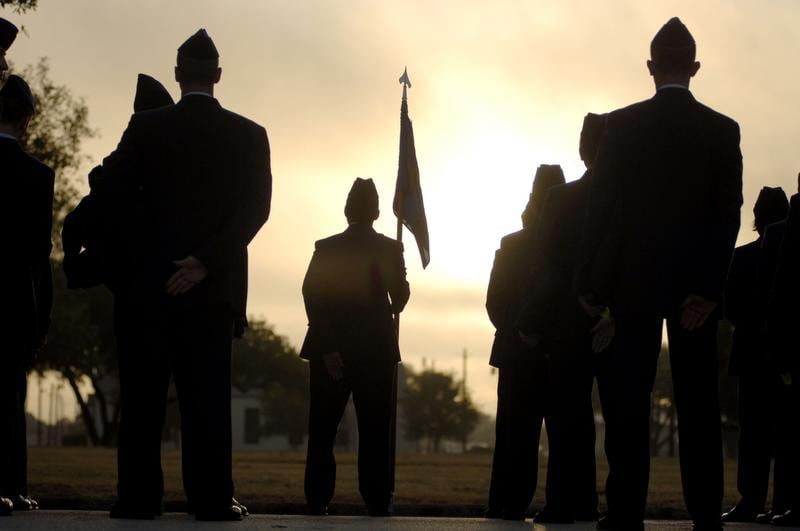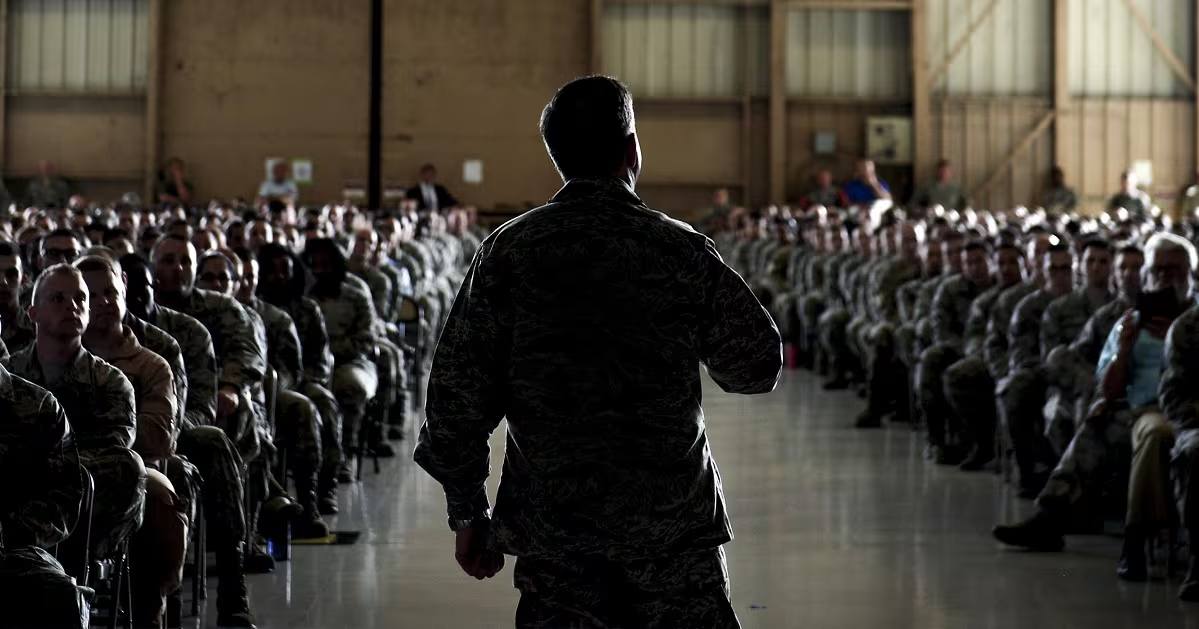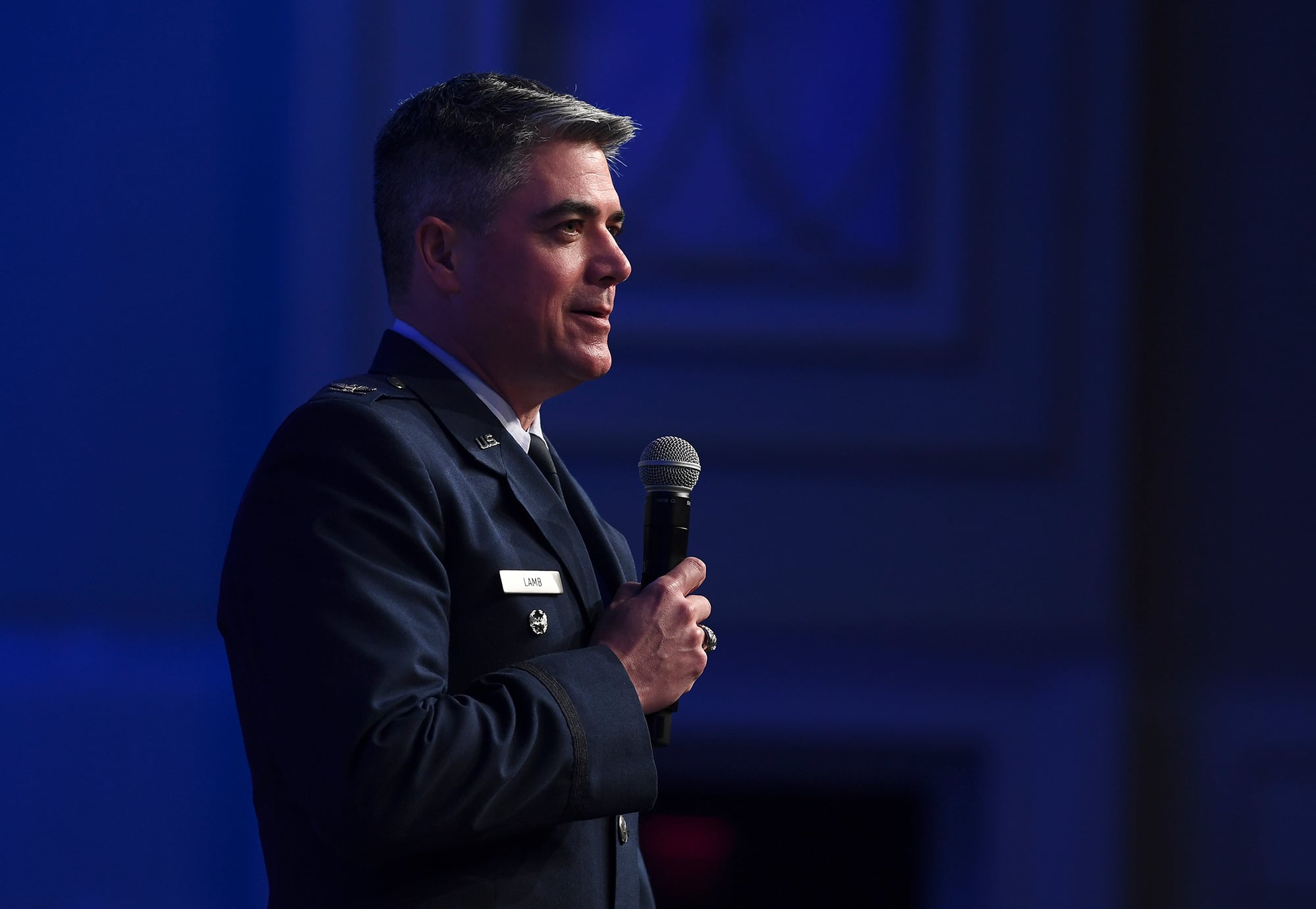When I was a newly commissioned officer, the Air Force made the decision to end early promotion to major. Believe it or not, the Air Force had general officers who were promoted six years ahead of normal timelines.
Many company grade officers lamented the decision at the time, believing they were among the exceptional few who were going to make the cut. None of the discussions had anything to do with what was good for the service; it was all about personal interests. The same is taking place in small pockets across the Air Force right now, especially those officers working directly for wing commanders and generals. That sense of exclusivity and anointing takes root early, as I have described in some of my previous commentaries.
RELATED

When some people complain (and they will), I wonder what the basis of the complaint will be. Self-interest? The interest of the service? The Marine Corps does not have, nor does it have any interest in, early promotions. Are the people arguing against this reform suggesting the Marine Corps has it wrong? My own extensive experience with Marine officers would not support that assertion.
Perhaps the argument is that we will lose high-potential officer talent if the Air Force does not promote them early. Even if one was to assume the Air Force has correctly identified the top talent in the Air Force (highly questionable at best), all of the data I have seen shows that we lose our early promoted officers as soon as they do not get that next opportunity that they expected, whether it be command or promotion. When they promote early, they leave early if the Air Force stops meeting their elevated expectations.
RELATED

The fact of the matter is that the elimination of early promotion makes the Air Force better because it provides more opportunity for growth through development and experience before officers assume additional rank and responsibility. Additionally, it enables the Air Force to select those ready for promotion and command from a larger pool than the unnecessarily narrowed pool of the early promotes.
The elimination of a fast track encourages a growth mindset and reduces the predestination aspects of the de facto class system that we have today. The Air Force will still be able to promote those with the strongest record of performance sooner using the promotion board order of merit. But this promotion order of merit will not be stored or recorded lest it become the basis of a new class system.
The implementation of the developmental categories in conjunction with the removal of early promotion is a powerful combination that will help to usher in a new era of force development and talent management in the Air Force. They are necessary but not sufficient. The new evaluation system is coming soon and will make it easier still to evaluate and promote the Air Force’s top performers. Our new evaluation system needs to do away with stratifications — or rigid quota systems that contribute to a fixed mindset — because performance assessment should be tailored to the individual, not driven by the current pool in which a person find him or herself.
RELATED

The next step must include the elimination of “above the zone” (i.e., late) promotions. The Air Force needs the flexibility to promote our best when they are our best, not in a one-year primary look, with a 1 percent chance to move up in the two years that follow. Everyone is different and life happens, which can throw off the timing for development and readiness for promotion. The Air Force needs to move to a single, multi-year promotion window that does not unnecessarily force people to choose between family and a career.
I have reviewed the records of thousands of airmen. I have counseled and mentored hundreds of airmen. Many are tremendously talented and capable people who tell me, “I know I shouldn’t have gone to X, but I needed to because of family member or personal situation Y.” The issue was resolved, but the damage to their career paths could not be undone. We should be forcing our adversaries onto the horns of a dilemma, not our airmen.
To further fair and current assessments of individual readiness for promotion, raters should not have access to prior evaluations. If we are interested in assessing current performance, what reason does a supervisor have to see previous evaluations? It seems unethical to use the past as a baseline for assessing where someone is today. Focusing on current performance is the best way to move beyond the “one mistake Air Force” mentality that incentivizes us to be risk intolerant. Following that line of reasoning, promotion boards should only consider recent evaluations. As a matter of principle, performance in lower grades should play no role in deciding promotion to higher grades.
Whom we promote and how we promote says much about our character and what we value as a service. I am optimistic about what these changes could mean for our Air Force and hope we can continue to follow through on the rest of the changes that need to take place. Leaders at every level will decide the rest. Will they seek to recreate the existing system or hit the “I believe” button on what we could do?
I hope this system enables people to do more easily the things they have always wanted to do, but felt that they could not. I hope we seize and make the most of this opportunity. It would be a shame if we squandered it.
Col. Jason Lamb is director of intelligence, analysis and innovation at Air Education and Training Command. In 2018, he wrote a widely read series of columns on Air Force leadership under the pen name “Col. Ned Stark.”




